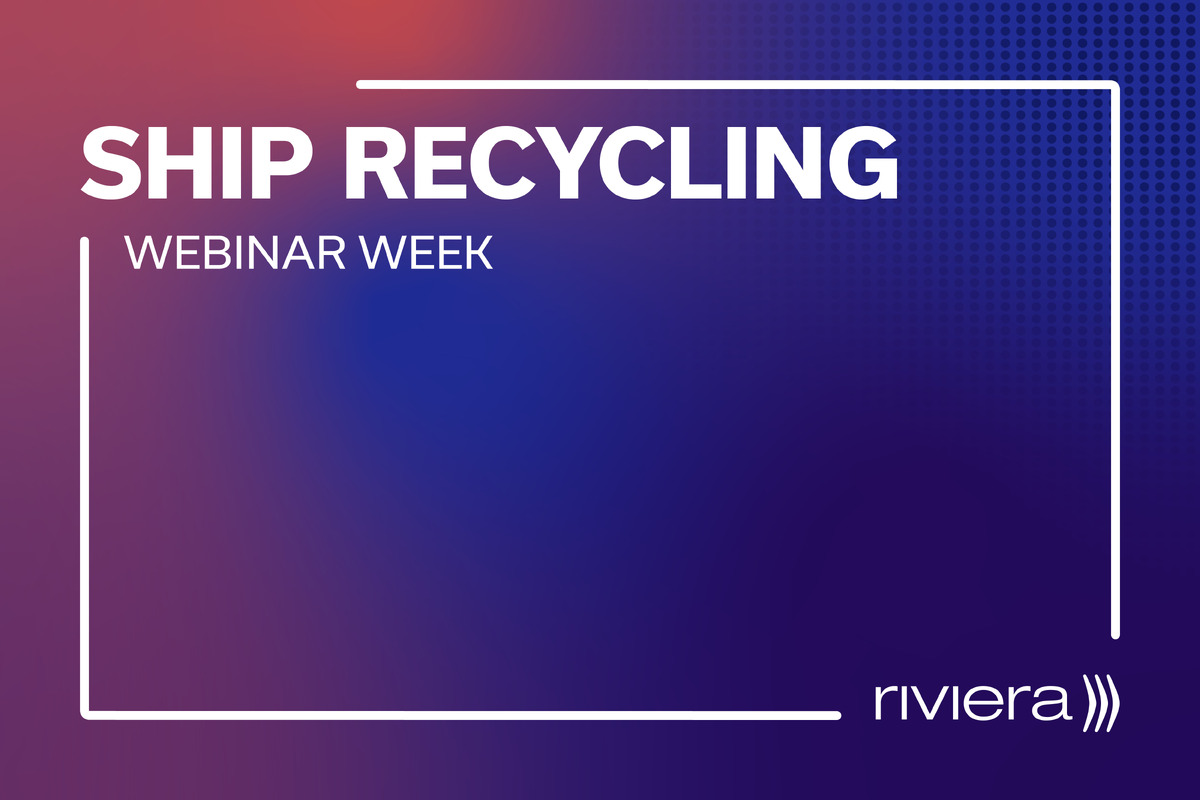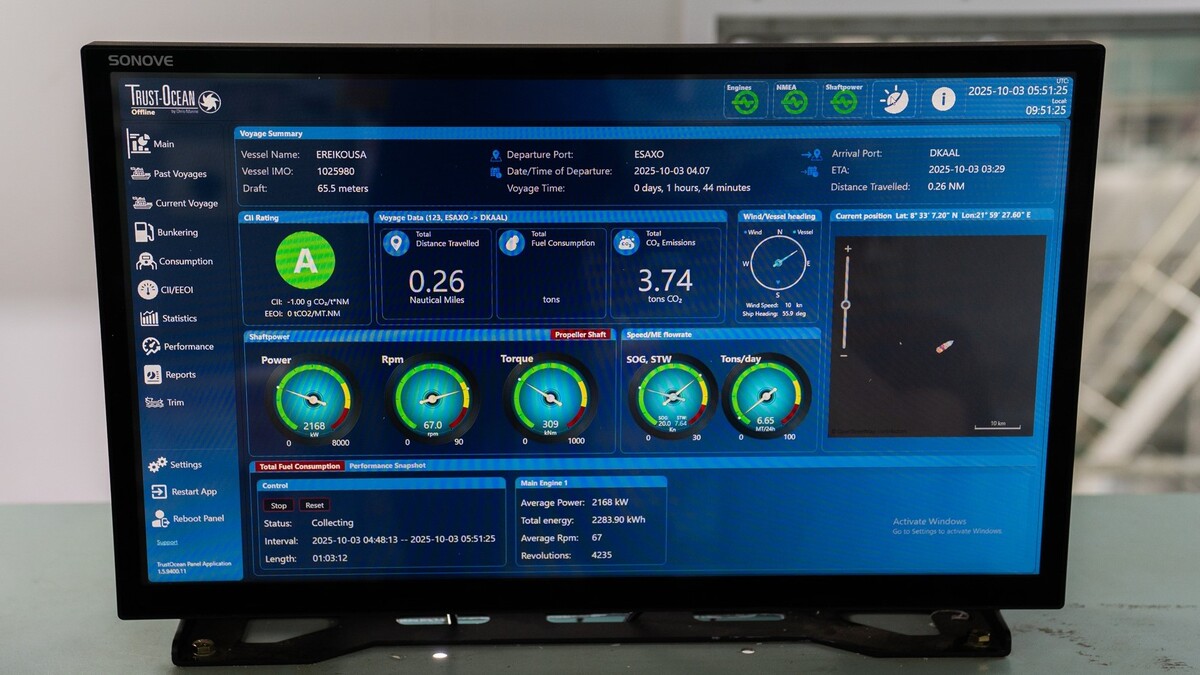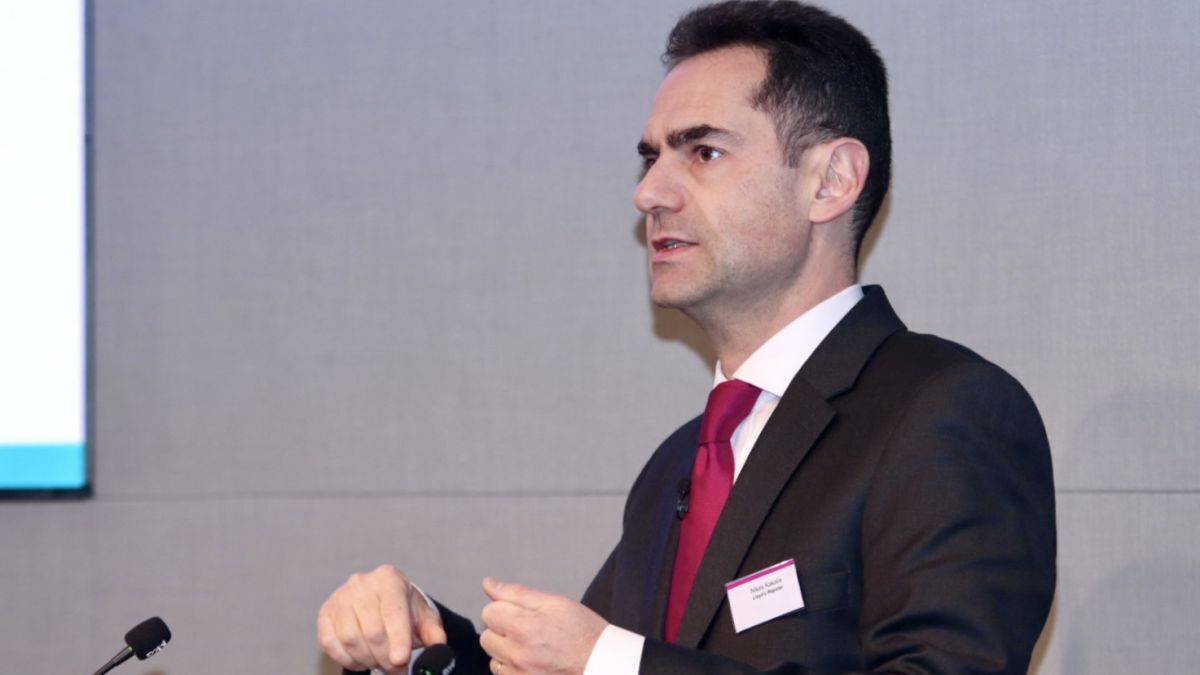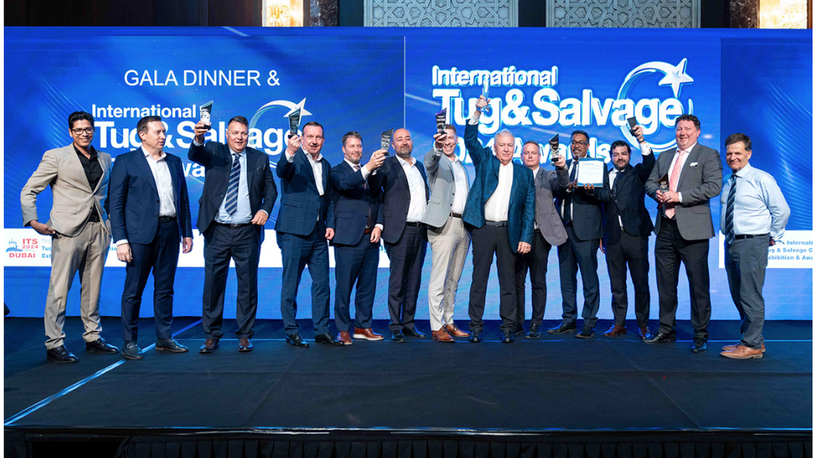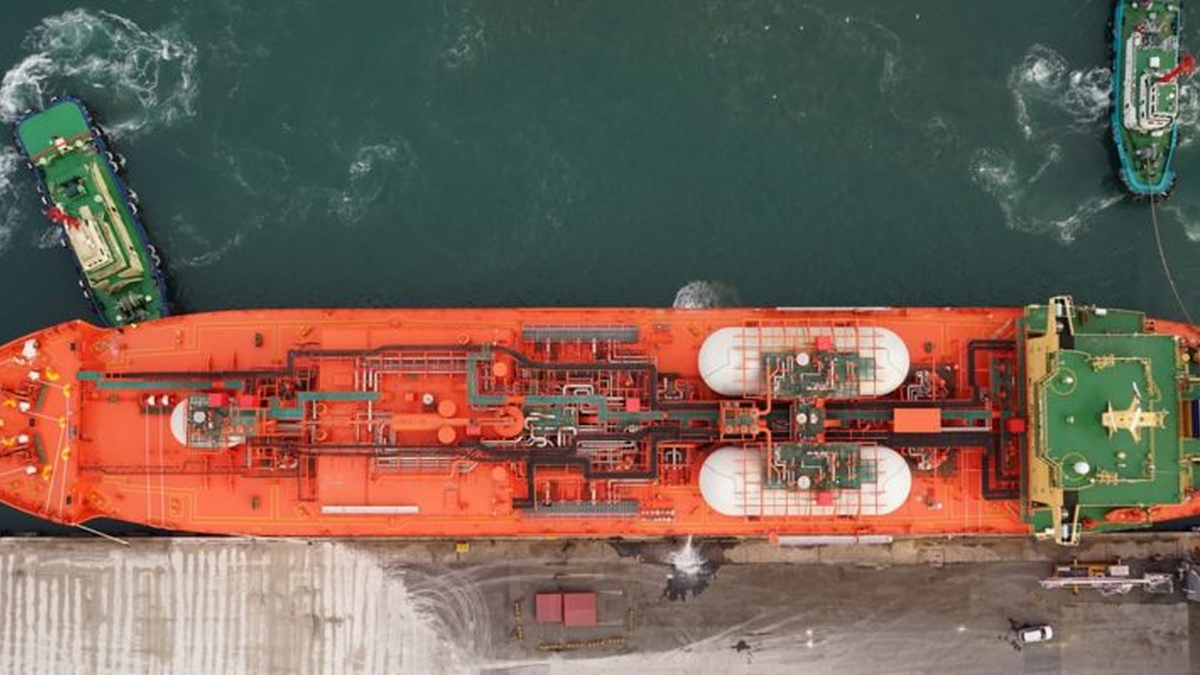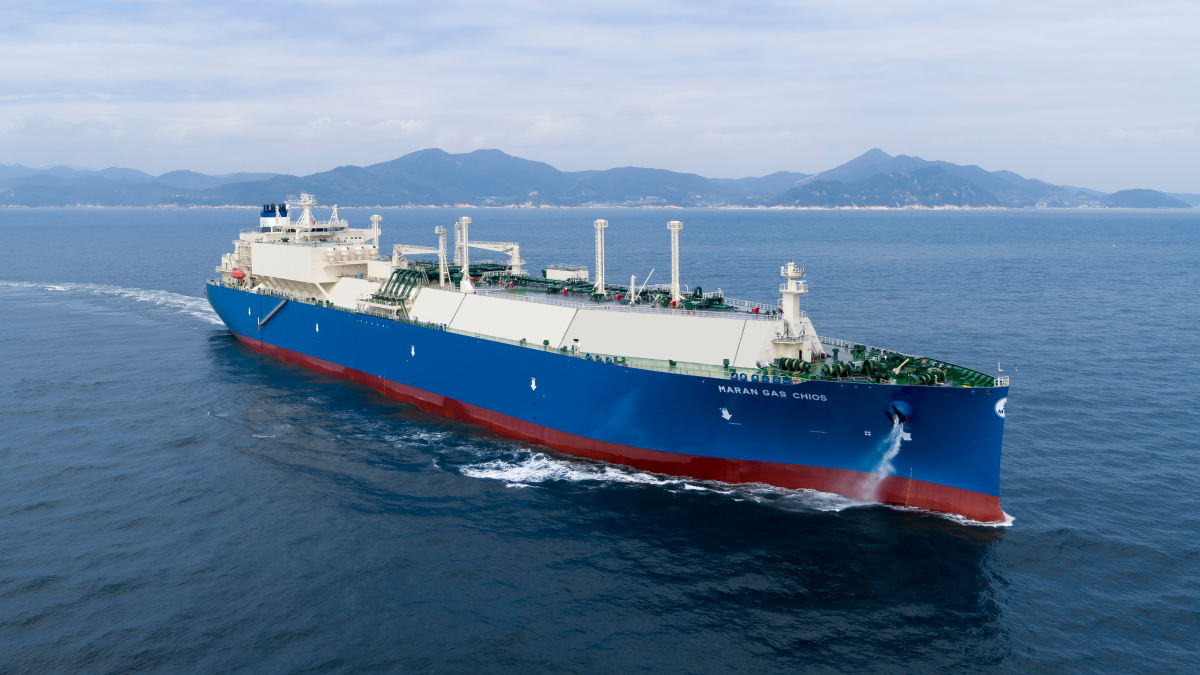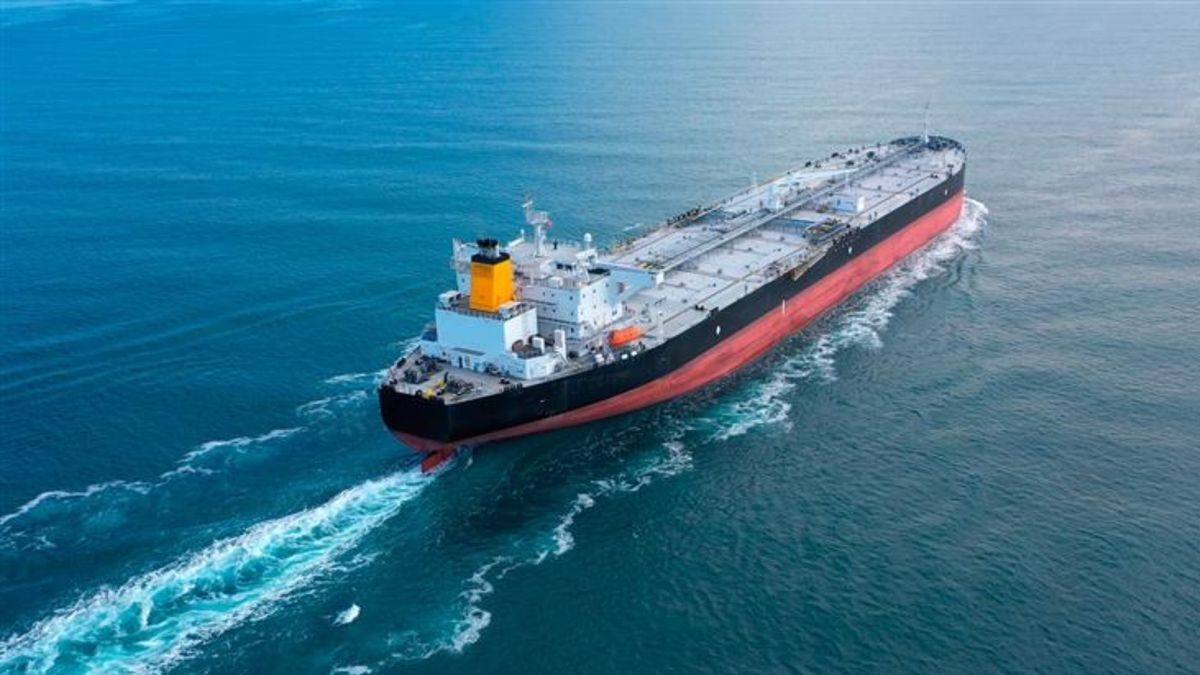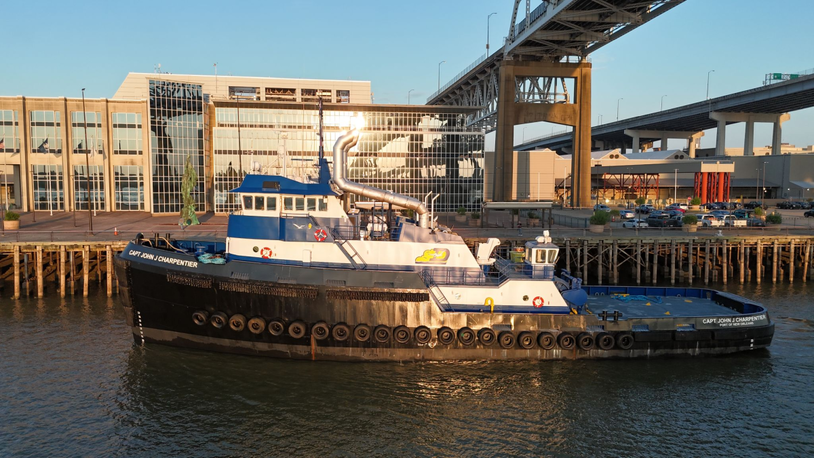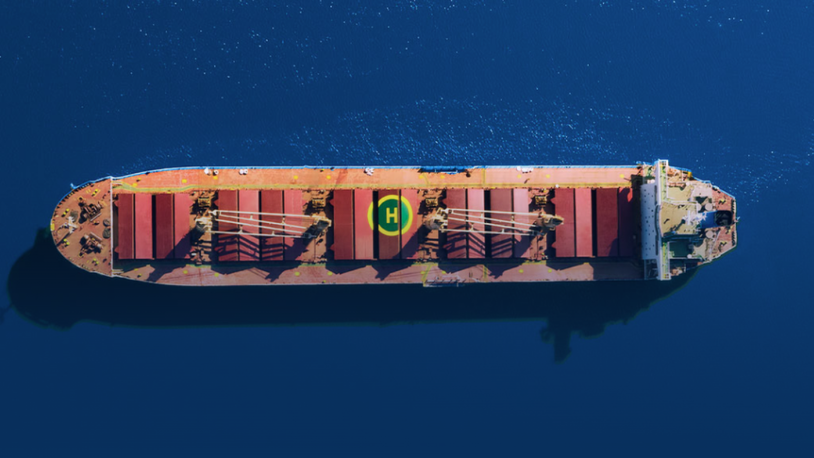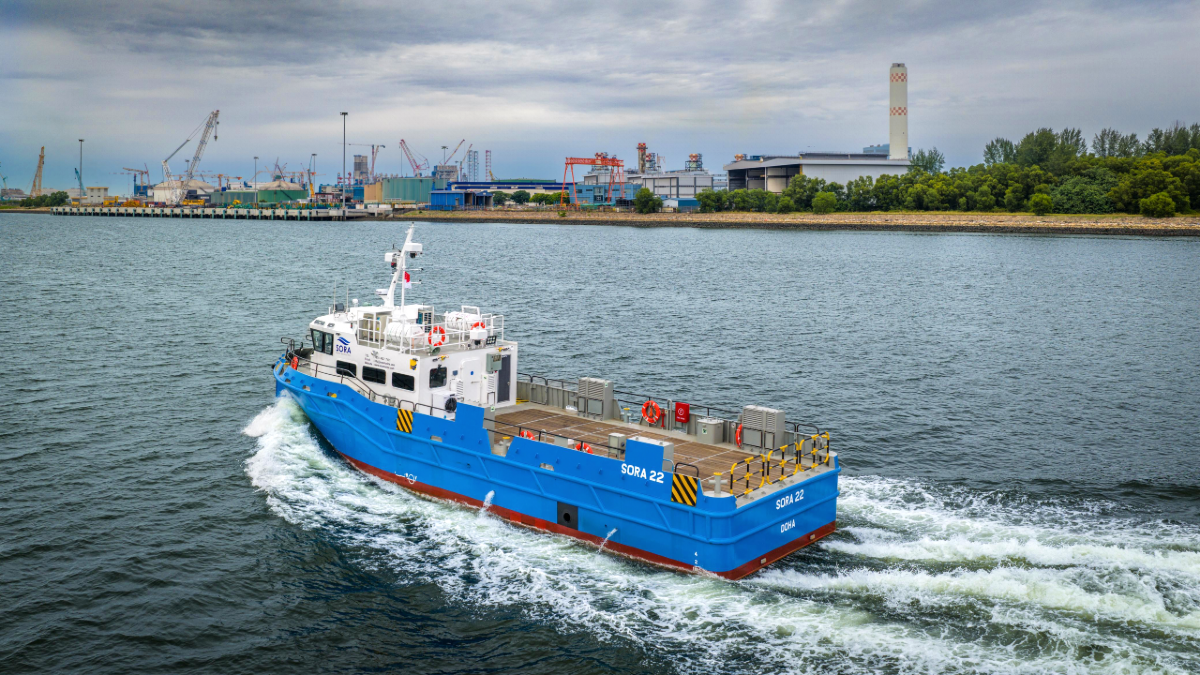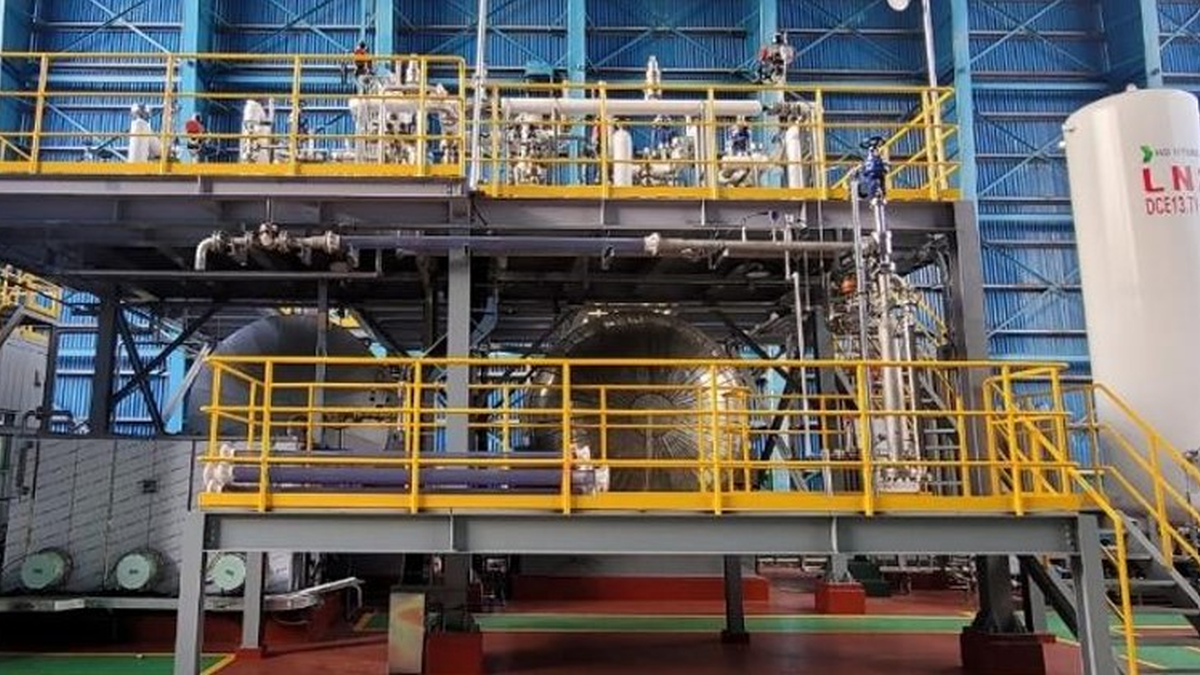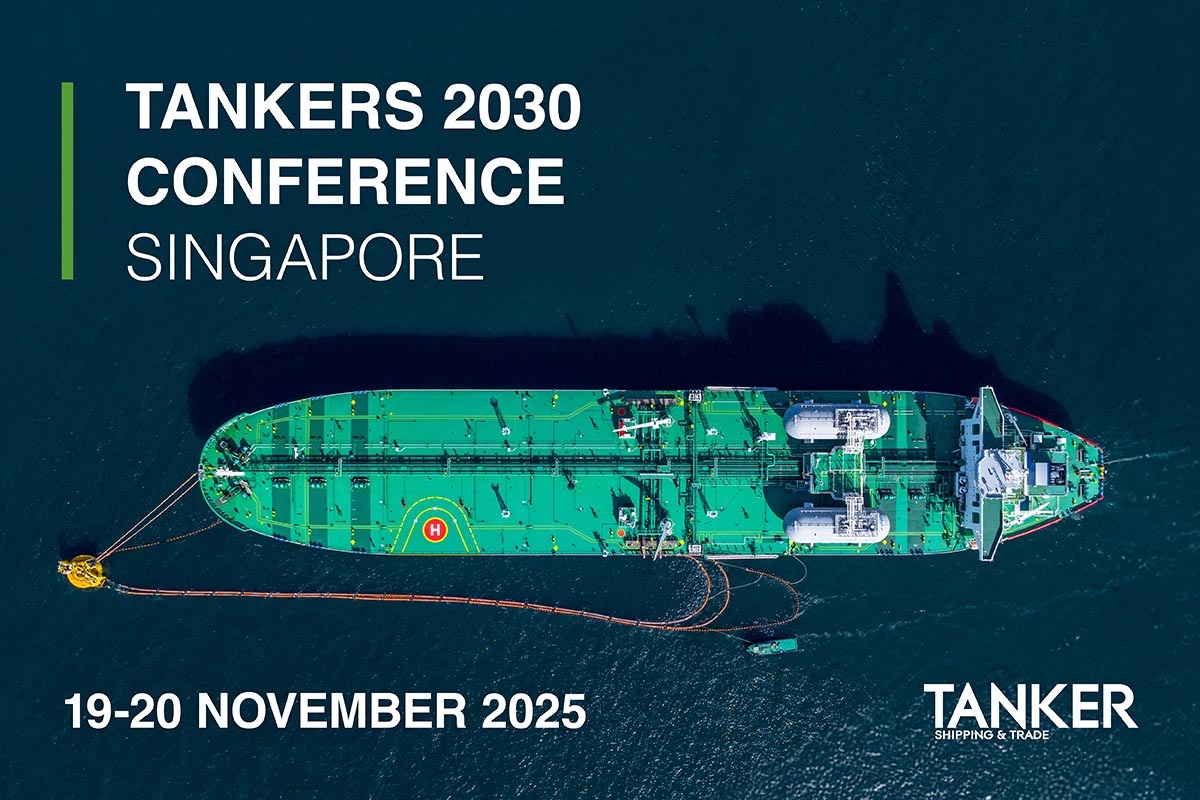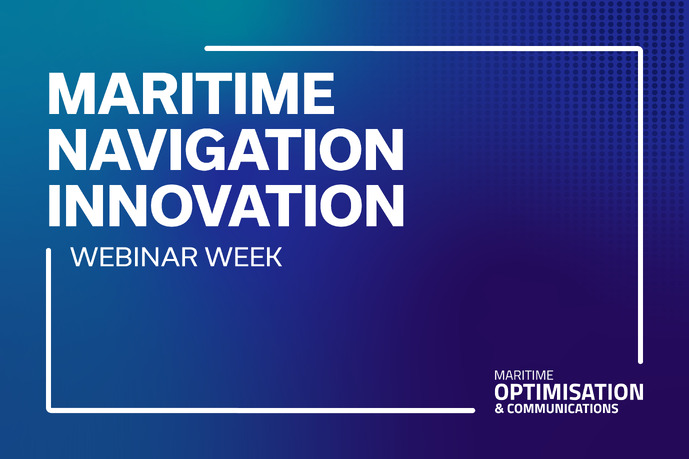Business Sectors
Events
Ship Recycling Webinar Week
Contents
Register to read more articles.
Dry bulk shipping embraces wind-assisted propulsion
Innovations in wind-assisted propulsion promise fuel savings and regulatory compliance
The dry bulk shipping sector is undertaking a pivotal shift towards wind-assisted propulsion, with experts spotlighting its role in cutting fuel consumption and supporting decarbonisation.
"Wind propulsion is ready now," said GT Green Technologies founder George Thompson, referring to the potential of his company’s innovative Air Wing system, set for its first installation in January 2025.
"It can be retrofitted or implemented on newbuilds and works seamlessly with any alternative fuel. This solution reduces operational costs and keeps vessels compliant under emerging environmental regulations."
Expanding on wind propulsion’s potential, Anemoi technical sales engineer Baiqian Jiang detailed the benefits of Flettner rotor technology. “Rotor sails combine wind and mechanical forces using the Magnus effect, offering a modern, efficient solution for reducing emissions while maintaining operational flexibility,” Mr Jiang explained.
Meanwhile, OceanWings vice president of sales and marketing Christophe Paillusseau discussed installation hurdles and emphasised the need for tailored designs to fit varying deck spaces and operational profiles. "Flexibility is key, especially for retrofitting onto older fleets," he stated.
These wind-assisted propulsion developments were highlighted at the International Bulk Conference 2024 held in London on 19 November 2024.
Regulatory compliance was another critical focus, as DNV business development manager for energy efficiency Hans Anton Tvete underscored. “Regulations are tightening, and wind propulsion offers an immediate pathway to compliance while supporting longer-term decarbonisation strategies.”
Which opens up a market for retrofitting, with GLO Marine technical and green transition manager Maciej Jóźwiak warning between 50-60% of the global fleet requires green retrofits or energy efficiency improvements, including at least 5,000 bulk carriers.
"Without specialist partners to bridge the gap between shipowners and available technology, we risk missing crucial decarbonisation targets," Mr Jóźwiak told the conference.
The conference was hosted opposite the iconic Lloyds of London building at the London headquarters of Willis Towers Watson (WTW), a firm with a deep legacy in the marine insurance sector.
Offering a broader perspective, WTW’s head of shipowners GB, Marine, Simon Lockwood, provided a risk assessment view of the challenges facing bulk shipping. “The world relies on shipping, but often does not care about it until it absolutely has to. Decarbonisation and innovation are not just industry issues – they are global imperatives that require collective action,” he remarked.
Governance challenges were also in the spotlight: Maritime Anti-Corruption Network chief executive Cecilia Müller Torbrand highlighted the role of ethical practices in supporting greener shipping. “We must tackle challenges like corruption, which can delay decarbonisation efforts. Collective action across the value chain, including port agents, charters and owners, is key to achieving meaningful progress,” she said.
Turning to market dynamics, Drewry director of maritime research Navin Kumar provided an economic overview, noting both opportunities and risks. “The dry bulk sector faces a paradox: robust demand for commodities like iron ore and coal, coupled with significant regulatory pressures. How we balance these will shape the future,” he commented.
Lloyd’s Register global bulk carriers segment director, Nikos Kakalis, addressed the economic implications of environmental regulations. “CII and EEXI are reshaping operations,” Mr Kakalis said. “Adopting energy-saving devices and alternative fuels will be key to maintaining profitability.”
Highlighting the interconnected nature of these issues, Lookout Maritime chief executive Martin Crawford-Brunt called for a cohesive approach. “Decarbonisation, digitalisation and governance must converge. We need a shared understanding of what ‘good’ looks like,” he said.
The sector’s move towards alternative fuels was another recurring theme: ClassNK managing director Dr Abdul Rahim presented biofuels as a transitional solution, stating, “Biofuels offer immediate opportunities for decarbonisation, but their adoption requires clear regulatory frameworks and supply chain scalability.”
Green Marine founder Morten Jacobsen tackled misconceptions about methanol, asserting, “Methanol is viable, accessible and safe, with growing bunkering networks. The industry must embrace its potential.”
TGE Marine sales director Jakob Nielsen explored longer-term options such as ammonia and hydrogen. “Infrastructure and safety are paramount, but the roadmap is clear. These fuels will define the next era of shipping,” he said.
Technological advancements also played a prominent role in discussions, “We think digitalisation is a key enabler for decarbonisation. It can lead us to higher efficiency but comes with safety threats as a double-edged sword,” observed DNV vice president for bulk carriers Morten Løvstad.
Similarly, managing director of the Dry Bulk Centre of Excellence, Ian McLeod stressed the importance of its Dry Bulk Management Standard (DryBMS) in advancing safety. "DryBMS uses strategic drivers – performance, people, plant and process – to promote safety and ensure every seafarer returns home the same way they left," he explained.
Addressing operational safety, Intercargo marine quality manager Paul Markides stressed the need to avoid superficial compliance. "If people just go tick, tick, tick, they are fooling no one but themselves. Accredited verification assessors will confirm whether those ticks are valid," he noted.
Cyber security and digital integration were also on the agenda, as Wärtsilä program manager Charles Wyng highlighted. “The navigational systems on ships must sit behind a dedicated firewall, ensuring cyber security and seamless integration with port management systems," he explained.
All these innovations and developments will move the industry forward, but only if crew can operate them, underscored by Intelligent Seas Group chief executive Adrian Economakis. “Crew competencies are as crucial as the technology itself,” he said. “Without proper training, even the most innovative systems will fail to deliver their full potential.”
As bulk carriers navigate a complex web of decarbonisation targets and market demands, the consensus at the conference was clear: wind propulsion is not just a stopgap, but a cornerstone of sustainable maritime operations.
How far has the chemical and product tanker sector engaged in wind-assisted propulsion? Register your interest in the 2025 International Chemical & Product Tankers Conference here.
Related to this Story
Events
Ship Recycling Webinar Week
International Bulk Shipping Conference 2025
Tankers 2030 Conference
Maritime Navigation Innovation Webinar Week
© 2024 Riviera Maritime Media Ltd.
